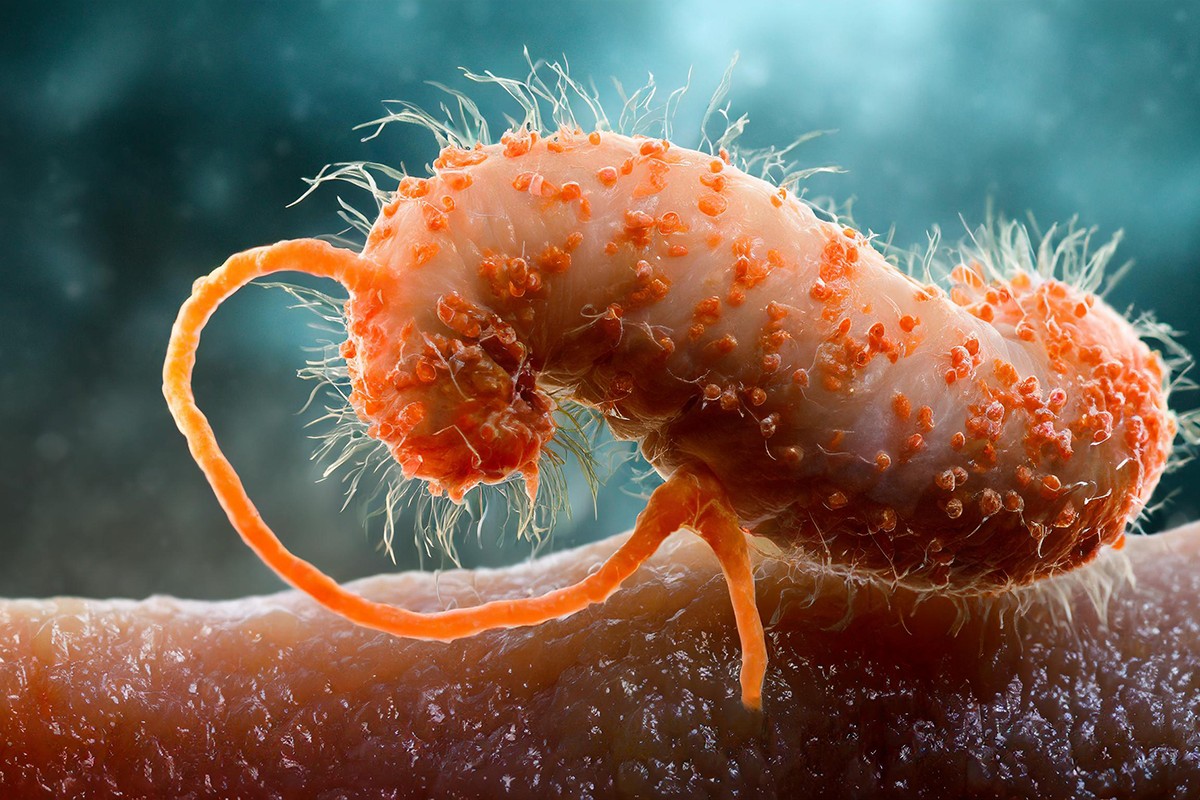What is Campylobacter?

Campylobacter (meaning twisted bacteria) is a spiral bacterium commonly found in a wide variety of healthy domestic and wild animals. The bacteria usually live in the intestines of the animal and are shed in the faeces. In humans, food is the most common vehicle for transmission, causing Campylobacteriosis.
- Campylobacter is still number one when it comes to bacterial food poisoning in the UK. It is estimated that every year around 280,000 people suffer from this disease and on average there are 110 deaths* – which works out at about one death every three days.
- A recent study by the Food Standards Agency found that 73% of raw retail chickens were contaminated with Campylobacter.* In real terms this means 463 million chickens a year are handled in the home.**
- Campylobacter is still found on 7% of raw chicken outer packaging. In real terms, this means that almost 9 million contaminated packs of raw chicken are sold in the UK every year.**
- It takes only a very few Campylobacter bacteria to make you ill - as few as 500.†
- As well as raw chicken, Campylobacter is also found in liver (chicken, beef, lamb), unpasteurised milk, and wild birds, and there have been associations with eggs.
- It can live in a reusable shopping bag for up to 8 weeks, so it can easily transfer to other items in your bag.††
- When you get infected with Campylobacter it takes 2-5 days to show signs of illness, including really painful diarrhea and abdominal pain.
- It can cause complications such as reactive arthritis and Guillain Barré syndrome.
- While there are a few outbreaks, most cases of Campylobacter-related food poisoning appear to be isolated, so they are generally unreported.
- Children under five and older people are most at risk of severe symptoms due to having weaker immune systems.
The Biomaster anti-bacterial bag for life can inhibit cross-contamination between shopping trips.
* Food Standards Agency
** British Poultry Council
† British Medical Journal, 282(6276), 1584)
†† Professor Anthony Hilton, Aston University
← Back to blog


